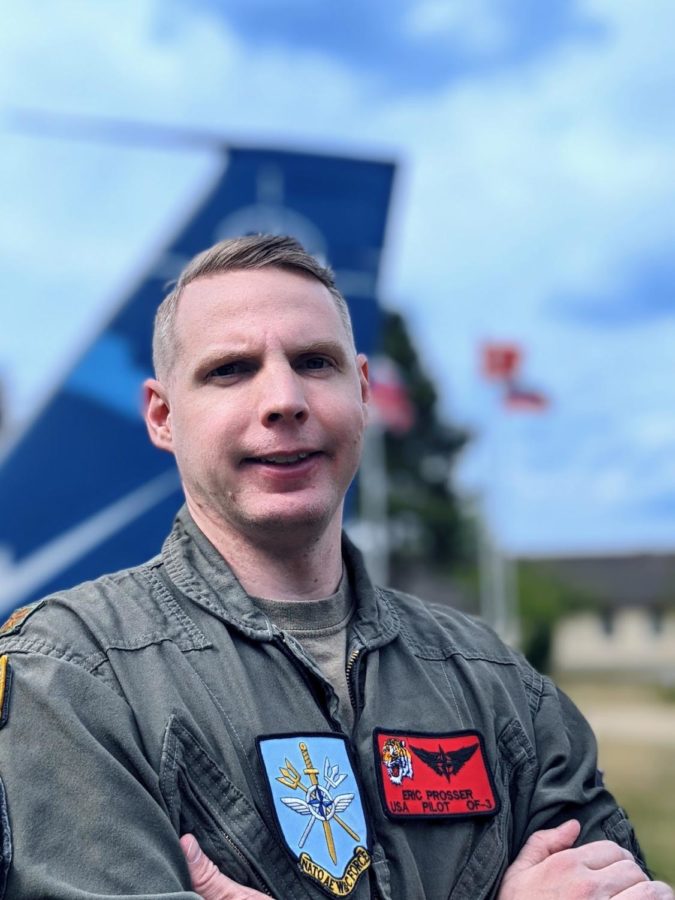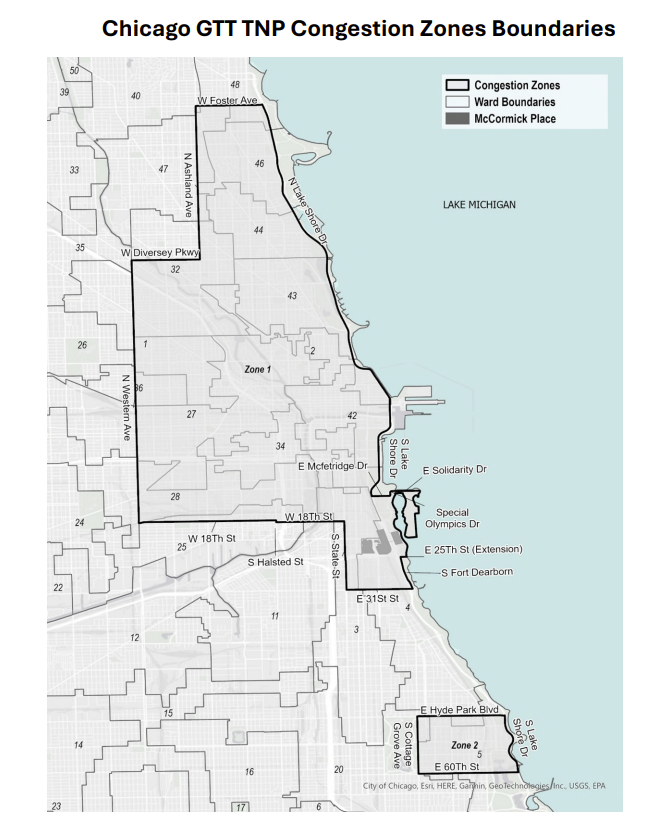The University’s chapter of the nationwide SkillBridge program has placed 17 U.S. military service members in internships across the University, with the University’s Office of Military-Affiliated Communities (OMAC) expecting to work with around 40 more in the near future. The program, launched on campus in October 2021, seeks to provide military personnel in the last six months of their service with valuable work experience and access to higher education during the transition from military to civilian life.
During their internship, service members with an undergraduate degree can apply to the University’s Graduate Student-At-Large and Graduate Student-At-Large: Business programs to take advanced undergraduate and graduate courses in a variety of programs at the University.
In an interview with The Maroon, current SkillBridge intern and major in the U.S. Air Force Eric Prosser said service members transitioning away from the military often face challenges in readjusting to civilian life.
“You’re going from one set of structured rules that govern how your life is managed and what you’re doing on a day-to-day basis to a completely separate set of rules that you’re now unfamiliar with,” Prosser said. “It can be pretty intimidating.”
Prosser initially found the University’s program on the Department of Defense’s SkillBridge website and applied because he was interested in pursuing an advanced degree.
“I really hadn’t considered going back to higher education before, but I did know about the Chicago Booth School of Business, which was quite appealing to me,” Prosser said. “They have a great reputation, and I was also looking to do something that was more in the leadership and management in the private sector.”
For his internship, Prosser works at OMAC helping other prospective SkillBridge interns find placement at the University. He also works on the Veterans Restorative Justice Project, an OMAC initiative that helps veterans in legal proceedings before the Cook County Veterans Treatment Court.
OMAC Director Terrell Odom told The Maroon that the University’s program is unique among SkillBridge programs because it provides participants with the opportunity to transition into higher education.
“A lot of the programs in the country are geared towards, ‘Let’s get you into the workforce,’” Odom said. “This one also allows for [service members] to transition into higher education should they be interested in pursuing an advanced degree and academic research.”
According to Odom, financial barriers are what often prevent service members from pursuing higher education after leaving the military.
“If a person had to choose between work or school, basically taking care of their family or pursuing higher education, chances are they’re going to pick the one that provides for their family,” Odom said. “We’ve been able to allow them to do both, or all, while they’re here at the University.”
The SkillBridge program offers participants the opportunity to improve their resumes before they apply to graduate school. Odom cited the example of two SkillBridge interns who conducted research at UChicago Medicine’s Comprehensive Cancer Center before applying to medical school.
“What they lacked on their applications to make them stronger candidates was the research component,” Odom said. “This allowed them to be able to get that research experience and strengthen their applications to make them stronger candidates for medical school.”
Similarly, Prosser said having access to faculty and staff who can serve as mentors has better prepared him for applying to business school.
“While the SkillBridge program itself can’t guarantee you any admission into any of the programs at the University of Chicago, what [mentors] can do is they can tell you where your weak spots are and what you need to work on if you want to get admission into those programs,” Prosser said. “They know exactly what they’re looking for and they know exactly where your shortfalls are.”
Odom said not all participants will want to pursue a graduate degree, and some participants have already advanced degrees. For those participants, the program still offers valuable work experience and employment opportunities that help them enter the civilian workforce. SkillBridge participants without an undergraduate degree can register for courses at the City Colleges of Chicago.
Odom hopes to expand the University’s SkillBridge program to include military spouses seeking internships at the University.
“Families are a big part of our military service,” Odom said. “They’re a big part of our transition and an even bigger part once we become veterans.”
Odom said around 36 academic and professional units at the University have expressed interest in participating in the program. Additionally, Odom hopes to expand the program to include internships at Fermilab, Argonne National Laboratory, and the Marine Biological Laboratory. According to the Department of Defense’s SkillBridge website, service members in the program remain employed by the Department of Defense and receive military pay and benefits, so University units incur no cost for participating in the program.
“It’s a win-win for the University,” Odom said. “The University’s academic rigor is tremendous, but it’s based on the ability to have different opinions and different experiences incorporated into that academic rigor. So, by bringing these individuals here, it helps to make the University, the medical center, and every other space much better.”









Jose Moreno / Nov 22, 2023 at 9:44 am
Well done OMAC! In serving those who served to enable them for future success. Hooah!